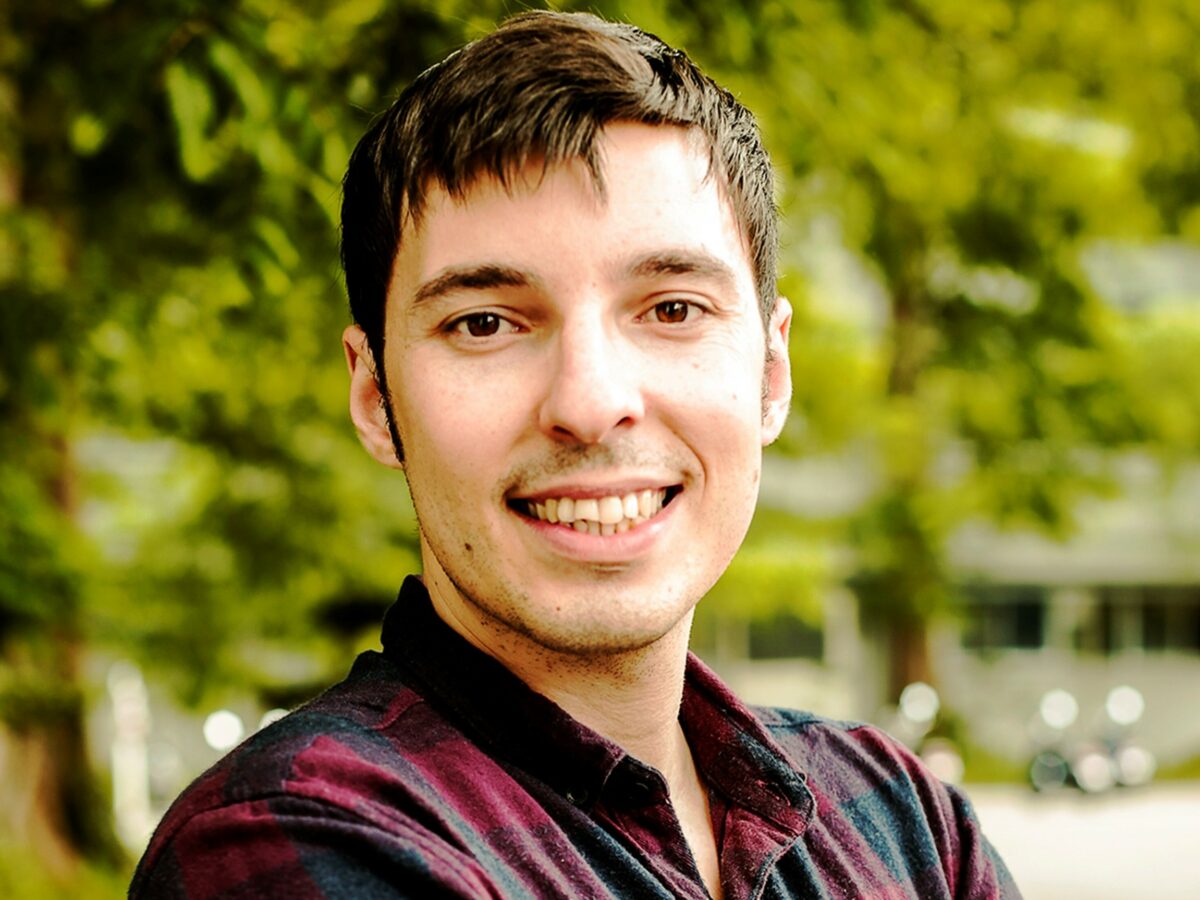
- This event has passed.
Lunar Hub: a venture to explore the extreme and the uncharted, by David Rodríguez

eSpace (EPFL Space Center) introduced in 2020 a new initiative aimed at bridging a series of identified knowledge and technology gaps within the latest lunar exploration and infrastructure development roadmaps. We, at eSpace, advocate for a holistic space program that effectively and sustainably explores and develops the Moon. To do so, upcoming exploration missions call for ever more capable robotic systems and instruments, including the capability to explore longer distances (>100 km) within highly constrained time windows (e.g., shorter daylight cycles in polar regions) and under extreme environmental conditions of which little to no data is readily available (permanently shadowed regions and lunar skylights are some examples).
A long-term, effective, faster, and minimally altered characterization of these regions requires improved mobility systems as well as the use of high-resolution mapping and imagery, which most lunar missions to date still lack. Today we present EPFL’s Lunar Hub, eSpace's latest venture to create a home base for lunar research and technology within Switzerland. We are already working toward developing the technology required to traverse the lunar surface 100 times faster than any autonomous rover ever before, providing robotic assets and soon humans with the highest resolution maps of key, so far inaccessible regions with our lunar reconnaissance drone, defining the most effective ways in which small heterogeneous groups of robots can cooperate to access, explore, and jointly prospect the most scientifically valuable regions, and equipping them with the latest optical instrumentation with our Dragonfly camera.

David is currently responsible for the Lunar Hub, leading the center’s efforts in lunar research and technology development with projects on topics spanning from fast off-Earth robotic mobility, reconnaissance drones, low-cardinality multi-agent systems, to novel sensing instrumentation for localization and mapping. He also provides system-level and managerial support to projects on active deorbiting of defunct satellites as well as supporting the activities of multiple students’ associations related to space at EPFL."
Formerly he held several positions as an NPI researcher for the Automation & Robotics Lab at the European Space Agency and as a visiting scientist for the Institute of System Dynamics & Control of the German Aerospace Center. He holds a Master’s Degree in Mechanical Engineering from Carlos III University of Madrid, a Master’s Degree in Space Studies from the International Space University, and a PhD in robotics from Tohoku University.